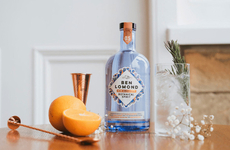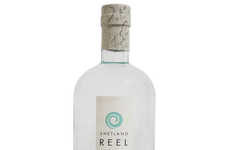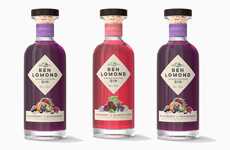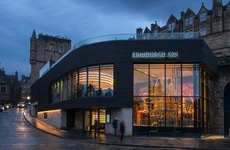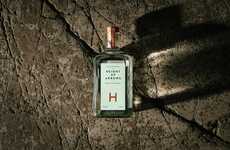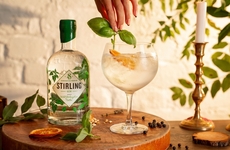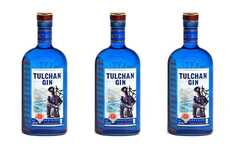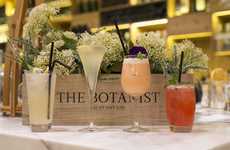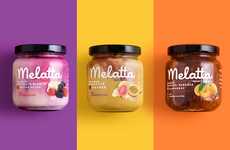
House of Elrick is a Premium Gin Brand that Uses Water from the Historic Lake
References: houseofelrick & foodbev
The House of Elrick is an estate in the lowlands of Aberdeenshire, Scotland, whose history is harnessed to offer fine, artisan gin. Perhaps the most notable aspect of the gin -- aside from the taste itself -- is that it is distilled from filtered fresh water from Loch Ness, the legendary Scottish lake.
The House of Elrick estate was built in 1720, at the height of the Scottish Enlightenment period. It hosted frequent philosophical and scientific discussion, and that thirst for knowledge informs the gin it produces today.
House of Elrick gin is produced in small batches of just 600 bottles at a time. This ensures that each bottle contains hand-picked botanicals including juniper, coriander seeds, angelica root, and heather, among others. The ultimate taste is fresh yet earthy, which makes it a versatile liquor for cocktails.
The House of Elrick estate was built in 1720, at the height of the Scottish Enlightenment period. It hosted frequent philosophical and scientific discussion, and that thirst for knowledge informs the gin it produces today.
House of Elrick gin is produced in small batches of just 600 bottles at a time. This ensures that each bottle contains hand-picked botanicals including juniper, coriander seeds, angelica root, and heather, among others. The ultimate taste is fresh yet earthy, which makes it a versatile liquor for cocktails.
Trend Themes
1. Artisanal Gins - Small-batch production of artisanal gins using unique and premium ingredients from specific regions.
2. Heritage-inspired Products - Products that leverage historical legacies to create a premium and unique selling proposition.
3. Sustainable Distilling Processes - Developing and implementing sustainable practices starting from the raw materials sourcing till the final product packaging.
Industry Implications
1. Alcoholic Beverages - Creating a unique competitive edge by using various regional and heritage aspects for alcoholic beverages such as gin, whiskey, and vodka.
2. Tourism Industry - Leveraging local natural resources and heritage aspects for tourist destinations, specifically for distilleries that use premium water sources such as lakes, springs, and underground water reserves.
3. Sustainable Packaging - Implementing sustainable packaging solutions for the distillation industry that is eco-friendly and minimize waste through recyclable and biodegradable materials
1
Score
Popularity
Activity
Freshness

